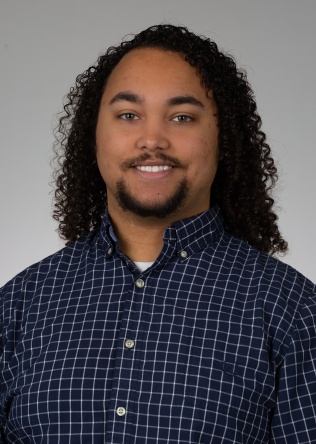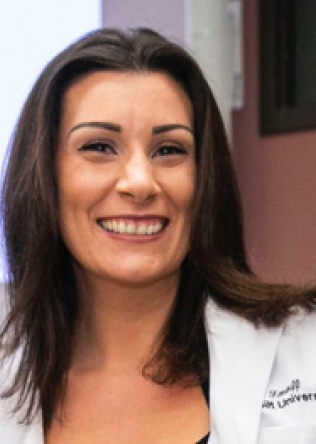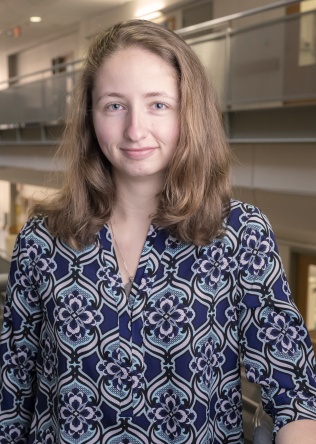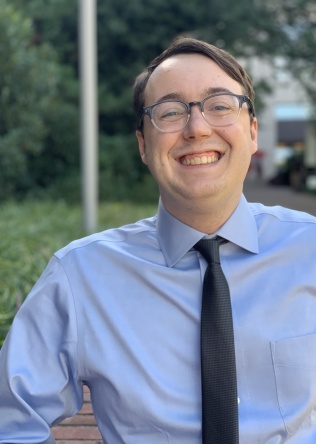Eden
Faneuff, M.S.
Microbe-Host Interactions Graduate Program
I am from Southern California. I received my bachelors at UC Santa Cruz and and my masters from Cal Poly Pomona. For my masters, I was on the influenza team in the lab of Dr. Jill Adler-Moore. My thesis work involved characterizing the protective innate response using liposomes with adjuvant only against influenza infections. I enjoy reading, camping, the beach, video games, watching scary movies, and going on vacation with my husband.
I am a graduate student in the Microbe-Host Interactions graduate program in the Pathology, Microbiology, and Immunology Department. My research focuses on innate host defense and inflammation during sepsis. My focus is on the tumor suppressor protein, phosphatase and tensin homolog (PTEN), which can modulate mitochondrial and cellular metabolism, as well as cellular effector functions via the PI3K/Akt/mTORC1 pathways in macrophages. We aim to unveil a new regulatory axis involving different processes (phosphatase activation, bacterial killing, inflammasome activation, along with fatty acid generation and oxidation) that regulate homeostatic events and, when alternated, leads to an exaggerated inflammatory response that culminates in organ damage and mortality
eden.faneuff@vanderbilt.edu








